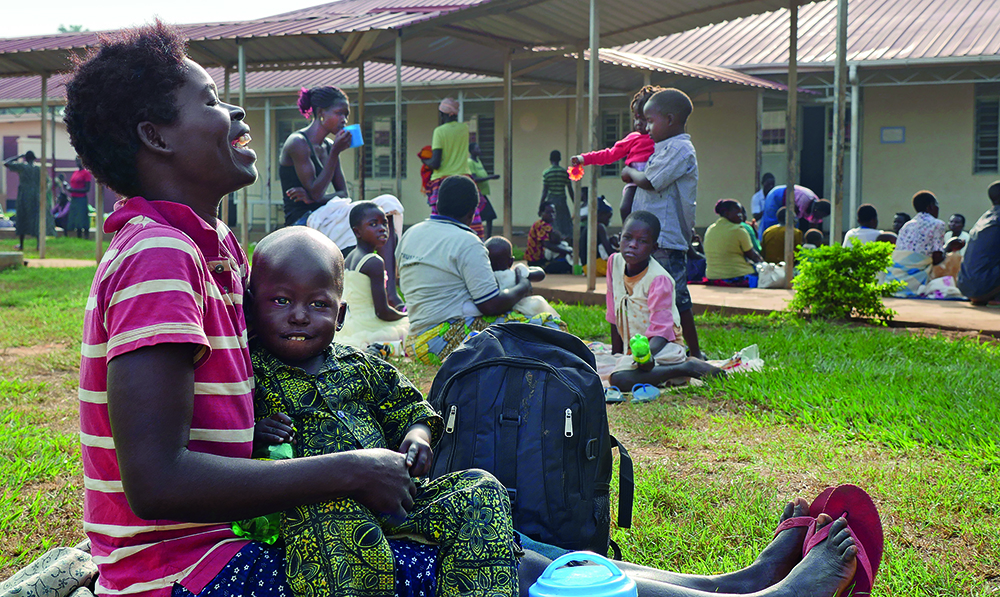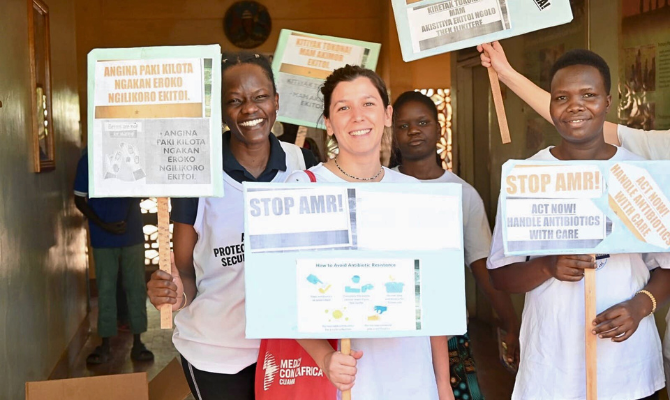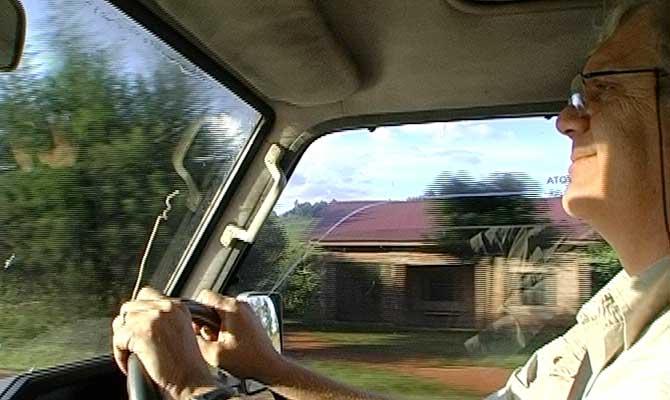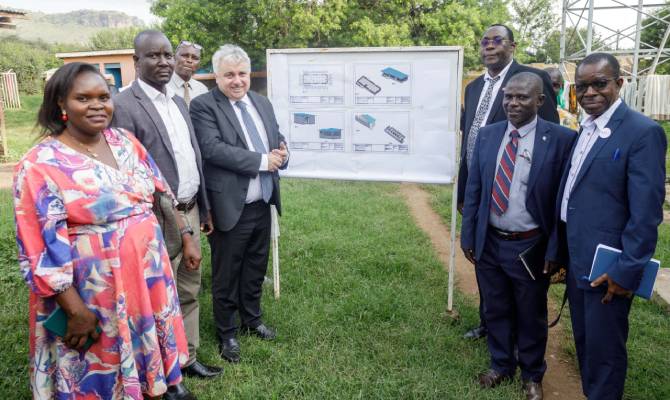Looking for new approaches to treat and take care of pregnant women and newborn babies living in low-income countries: this is the aim of “Saving Lives at Birth: A Grand Challenge for Development”. The event, funded by USAID – U.S. Agency for International Development, is taking place in Washington DC on July 25-27th and will be the chance for 53 NGOs and charities to present their innovative and sustainable approaches to improve maternal and newborn health in low-income countries. This can allow pregnant women and their families to behave healthier and have access to a safer primary care during those thousand days that go from conception to the baby’s second birthday.
Doctors with Africa CUAMM is deeply focused on maternal and child health in seven countries in sub-Saharan Africa. The organization has been working so far to find innovative solutions made out of simple, available everyday devices. This can increase appropriate assistance to mothers and children living in places where very expensive solutions are simply not affordable.
Years of work on the field in this direction have allowed Doctors with Africa CUAMM to be one of the 53 NGOs to run for the prize at Saving Lives at Birth. Thanks to the use of Birth Cushions in Uganda, CUAMM could increase the number of assisted deliveries inside the health facilities: the event is the chance to present this solution to drive mothers to deliver safely and the first results.
.
.
Birth Cuashions are low-tech and cheap. They were first used in Uganda in 2013 within a project implemented in the Karamoja region with UNICEF. They can offer mothers the chance to sit in the traditional position used during delivery, but in a more comfortable way. This solution led more and more women to travel all the way to the health facility to give birth.
The device is simple: a small seat for the midwife, a bigger cushion for the mother to sit and a thinner one for the baby to lay on whilst delivery. After introducing the use of these cushions at the health posts in Karamoja, the number of women coming to give birth increased because it was more acceptable, culturally speaking. Thus, institutional deliveries saw a remarkable rise: from 11.424 before Birth Cushions to over 25.590 in 2015 (from 18% to 52%).
Birth Cushions can really improve the health of mothers and their babies: attending the event in Wasghington represents a great chance to meet other NGOs, charities, international donors and Public Health experts all committed to promote and protect mother-and-child health on a global level.





